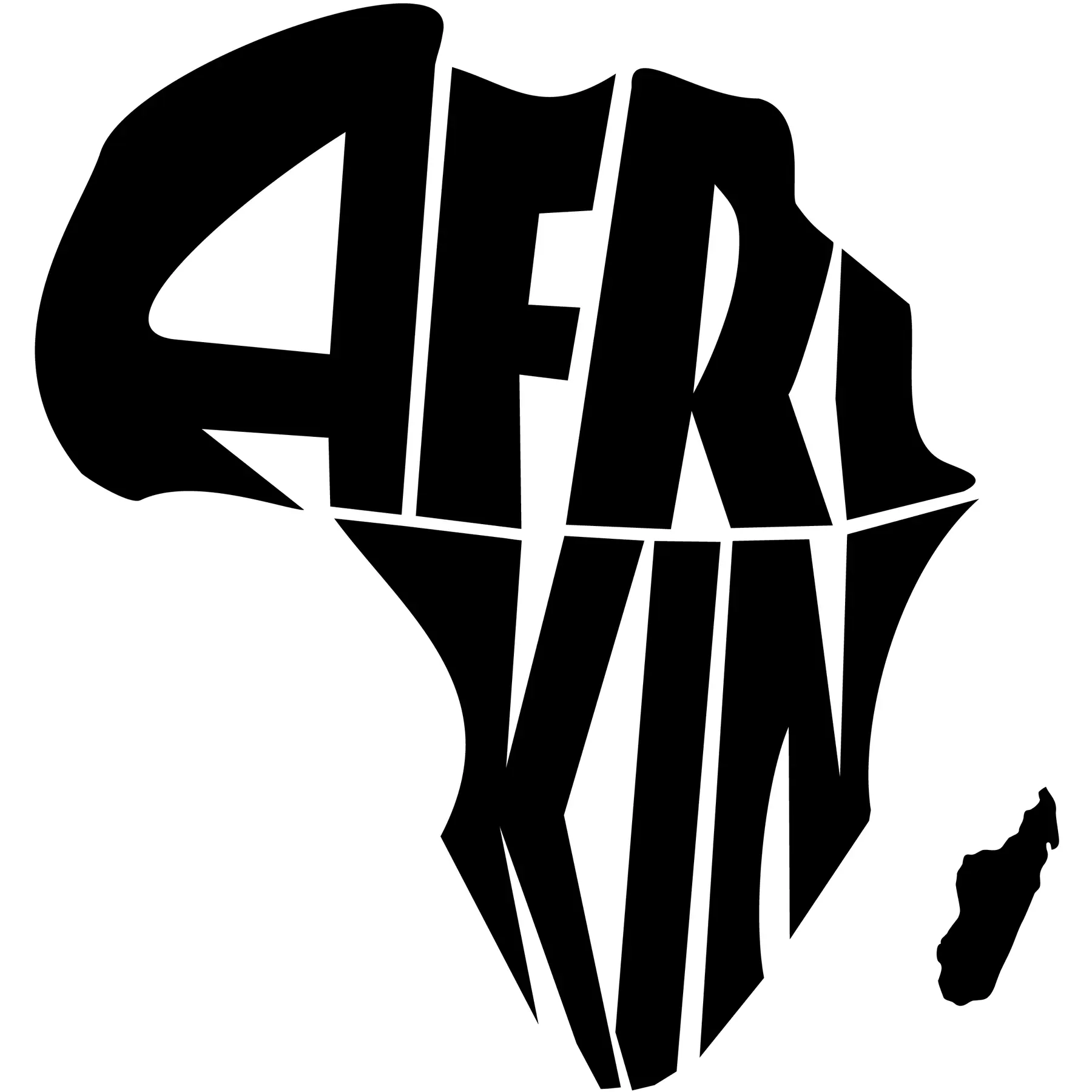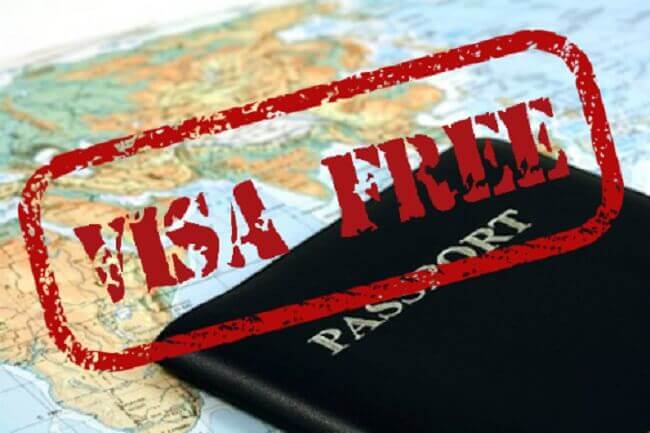Rekindling Roots: The Call for Visa-Free Travel to Africa for Its Diaspora
The African continent, often regarded as the cradle of civilization, is making strides toward opening its arms to people of African descent worldwide. The remarkable move initiated by President Ruto of Kenya, to cease the visa requirement for Africans and people of African descent living abroad, is a noteworthy endeavor. This article aims to dissect the rationale behind this initiative, its potential implications, and the entities that may resist such a transformation.
The Importance of Embracing the Diaspora
Africans in the diaspora have long strived to maintain a connection with their motherland. However, bureaucratic requirements like visas often pose barriers to these connections. President Ruto’s initiative seeks to dismantle such obstacles, enabling Africa’s children to “return home” without the need for visas.
In the same vein, AfriKin, an organization dedicated to fostering strategic partnerships between continental Africa and its diaspora, wholeheartedly supports this endeavor. AfriKin’s core belief is that by bridging these divisions, we can unlock immense potential for cultural exchange, economic growth, and societal enrichment.
The Pros and Cons
This visa-free travel initiative is expected to bring many benefits. It will likely stimulate tourism and, by extension, create employment opportunities. It also holds the potential for increased cultural exchange, fostering a deeper understanding and appreciation of African heritage among the diaspora.
However, concerns exist as well. National security issues, potential economic pressures due to increased migration, and administrative challenges are among the potential downsides that must be addressed to ensure the success of this policy.
The Resistors
While many are celebrating this move towards unity, some entities may resist. These include those who benefit from the existing visa system’s revenue, as well as parties concerned about immigration control and national security. It’s essential for these concerns to be addressed and assuaged in a way that does not deter the overall goal of unity and connection.
The Call for Direct Connectivity
This move towards inclusivity extends beyond visa-free travel. Barbados Prime Minister Mia Mottley recently proposed the creation of an airline that facilitates direct travel from the Caribbean to Africa. This will eliminate the need for transit via Europe or America, strengthening the bond between Africa and its Caribbean descendants and making “homecoming” more accessible.
In conclusion, while there are hurdles to overcome, the move towards visa-free travel and direct connectivity signifies a powerful step in the right direction. By creating an environment that welcomes the African diaspora, the continent can further embrace its legacy as the cradle of civilization, and strengthen ties with its global family. For a continent that has birthed humanity, it is indeed time to welcome its children home.
__________________________________________
What’s your mental health like?
In recognition of National Minority Mental Health Awareness Month, I wanted to provide a few tips to help our brothers and sisters of BIPOC communities better prevent burning out as a result of not just poor mental health, but also poor coping mechanisms. Let’s jump straight to it.
The CDC in it’s definition of mental health includes emotional, psychological, and social well-being, all of which influence how people think, and act. What a person feels about themself, how individuals act, handle stress, the kind of decisions made and how one might relate to others, are all integral parts to the greater whole of each and every individual’s mental health, however, we must also acknowledge what challenges may exist as well.
Factoring in that no two people are alike, physical and mental health not also vary, but finding mental health support groups unique to the individual preference will vary as well…
Is cultural relatability of particular interest to you?
Are you beginning your journey to finding the kind of mental health support from local community providers specific to your needs?
Does your support system have you in mind?
Are they local, or will remote/virtual assistance be okay?
Can you afford long-term assistance, or will you be better aided by an intensive program that will push you in ways that favor your growth in a short time?
Before criticizing your current mental health program, ask yourself these additional questions:
1. What do you know about mental health?
2. Are you willing to change any habits that don’t serve your mental health?
3. Are you familiar with your coping mechanism for dealing with stress?
4. Are drugs or medications included in your definition of good mental health?
5. Are you biased or have unintentional prejudiced attitudes towards mental health?
6. If your coping mechanisms and mental health is on the decline, would you ask for help?
If you feel underserved, or underrepresented and you or someone you love need assistance constructing a personal or professional mental health program to help create more mentally equitable healthy environments, or think you haven’t succeeded in doing so, I am here to help you re-evaluate your success, and achieve what you haven’t yet.
Best regards,
Prince El
Wellness Coach | DAOM | Financial Planner
#flo #holistic #mentalhealth

